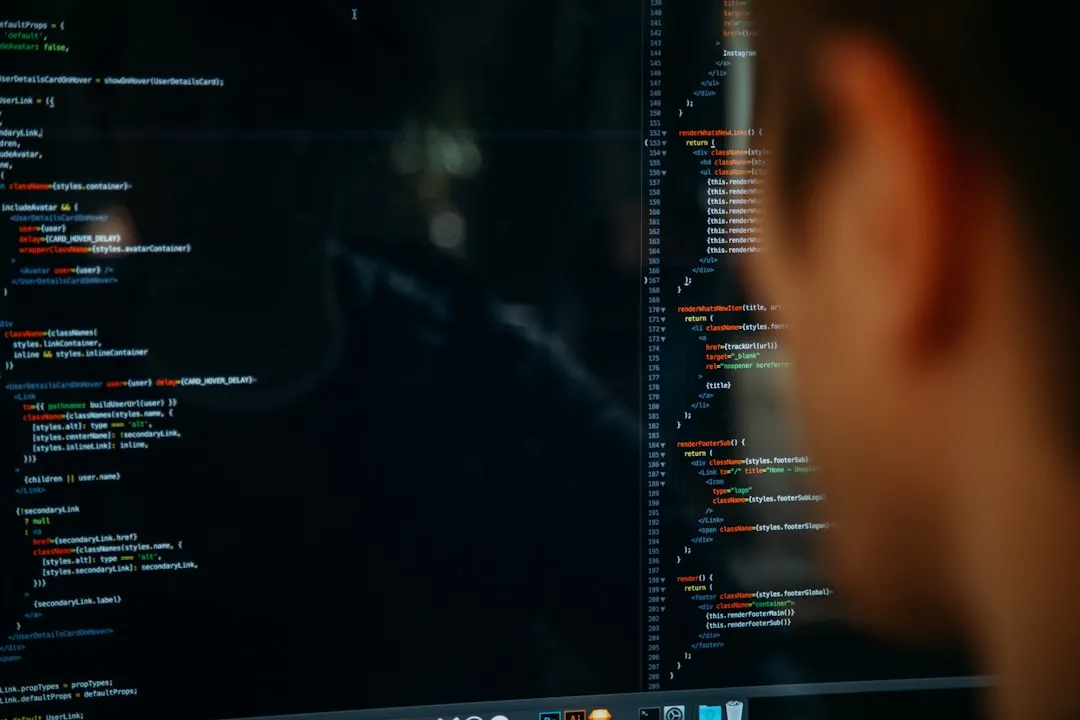Anthropic’s Claude 4 models redefine AI coding and intelligent agents, promising significant advancements for developers.
A leap forward in intelligent agents and coding.
Anthropic’s Claude 4 models redefine the landscape of AI assistants and coding efficiency.
Unveiling the Claude 4 Model Family
Anthropic has made a significant stride with the introduction of its latest Claude 4 model family, representing a leap forward for developers and businesses venturing into next-generation AI assistants. The highlights of this release are the Claude Opus 4, touted as a powerhouse, and the Claude Sonnet 4, which serves as a versatile everyday tool. Anthropic’s aspirations are clear; they aim to revolutionize AI strategies across diverse sectors. With Opus 4, they promise to push the limits in coding, research, writing, and scientific discovery, while Sonnet 4 is positioned as an instant upgrade, building on the success of its predecessor, Sonnet 3.7.
By emphasizing advancements in performance and capability, Anthropic is keen to capture the attention of developers and organizations alike. These models are designed not just to meet current demands but to anticipate future needs, reflecting a deep understanding of how AI can enhance productivity in various fields.
Claude Opus 4: The New Coding Champion
When Anthropic claims that Claude Opus 4 is its most powerful model yet, especially in the realm of coding, it’s hard not to pay attention. The model has demonstrated impressive metrics, scoring 72.5% on SWE-bench and 43.2% on Terminal-bench, which are critical benchmarks for assessing AI performance in software engineering tasks. More than just a quick performer, Opus 4 is engineered for sustained productivity on long-duration tasks, showcasing its ability to maintain focus across thousands of operations. The prospect of an AI that can work continuously for hours opens up new horizons for what intelligent agents can achieve.
This sustained performance could potentially redefine the role of AI in complex problem-solving scenarios that require not only speed but also endurance and depth of understanding. Developers could leverage Opus 4 to tackle intricate coding challenges that have traditionally been difficult for AI systems, thereby expanding the scope of automation in software development.
Claude Sonnet 4: Versatility for Daily AI Tasks
While Opus 4 stands as a heavyweight contender, Claude Sonnet 4 is emerging as a versatile workhorse, designed to enhance productivity across a broad spectrum of applications. Early adopters have shared enthusiastic feedback, with GitHub expressing plans to integrate Sonnet 4 as the foundational model for its new coding agent in GitHub Copilot. Such endorsements highlight Sonnet 4’s capabilities in agentic scenarios, emphasizing its ability to follow complex instructions and generate high-quality outputs.
The positive reception continues with reports from various tech commentators, noting substantial improvements in problem-solving and codebase navigation. For instance, iGent has observed a drastic reduction in navigation errors from 20% to nearly zero, marking a significant enhancement for developers. Such advancements suggest that Sonnet 4 could streamline workflows and redefine how developers interact with AI, making it an indispensable tool in software development.
Hybrid Modes and Developer-Focused Tools
A standout feature of the Claude 4 family is its hybrid operational mode. Both Opus 4 and Sonnet 4 can switch between rapid response and extended reasoning modes, allowing users to choose the most efficient processing style for their tasks. This capability, available in the Pro, Max, Team, and Enterprise Claude plans, caters to varying user requirements while ensuring that even free users have access to Sonnet 4’s advanced reasoning abilities. This approach not only democratizes access to cutting-edge AI technology but also encourages a broader spectrum of developers to experiment with its capabilities.
To further empower developers, Anthropic is introducing a suite of innovative tools within its API. These include a code execution tool, allowing models to run code directly, and an MCP connector that standardizes context exchange between AI assistants and software environments. The Files API aims to streamline AI interactions with various files, while prompt caching improves efficiency by storing prompts for up to an hour. These enhancements are designed to elevate the sophistication of AI agents and foster creative problem-solving.
Leading Performance in Real-World Applications
Anthropic is keen to assert that its Claude 4 models lead the pack in real-world performance, particularly on the SWE-bench Verified benchmark. These models promise not only to excel in coding but also to deliver strong performance in complex reasoning, multimodal capabilities, and agentic tasks. The consistent pricing structure, with Claude Opus 4 at $15 per million input tokens and $75 per million output tokens, alongside Claude Sonnet 4’s more accessible pricing at $3 and $15 respectively, ensures that businesses can integrate these powerful tools without financial strain.
With availability through the Anthropic API and platforms like Amazon Bedrock and Google Cloud’s Vertex AI, the opportunity for global experimentation and integration is at hand. This accessibility is crucial for developers aiming to harness the power of AI in their workflows, signaling Anthropic’s commitment to enhancing AI’s role in software development and beyond.
Conclusion: Transforming the Future of AI
Anthropic’s Claude 4 models mark a pivotal moment in the evolution of intelligent agents and AI coding. By blending robust performance with user-centric features, these models are set to redefine the landscape of AI-assisted development. As businesses and developers embrace these advancements, the potential for innovation and efficiency in coding and beyond becomes limitless.
